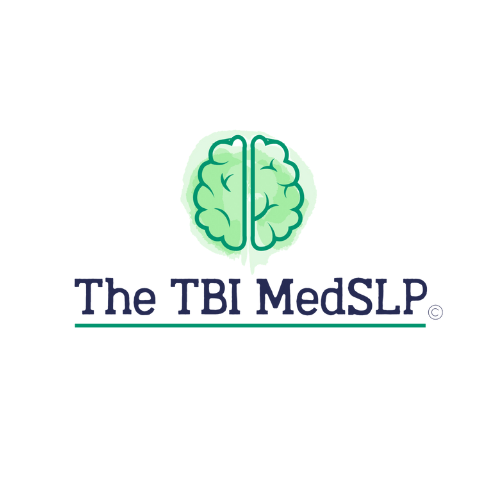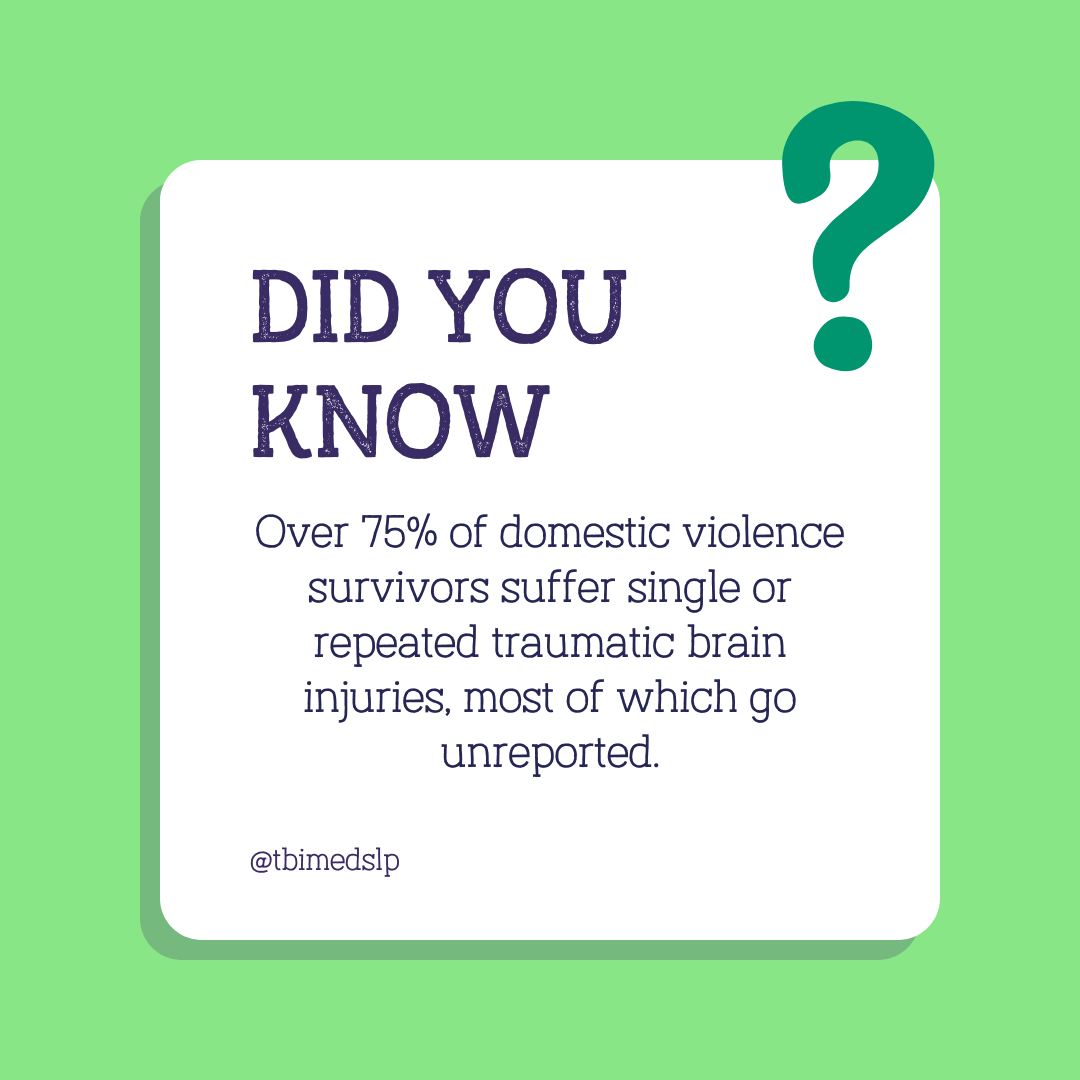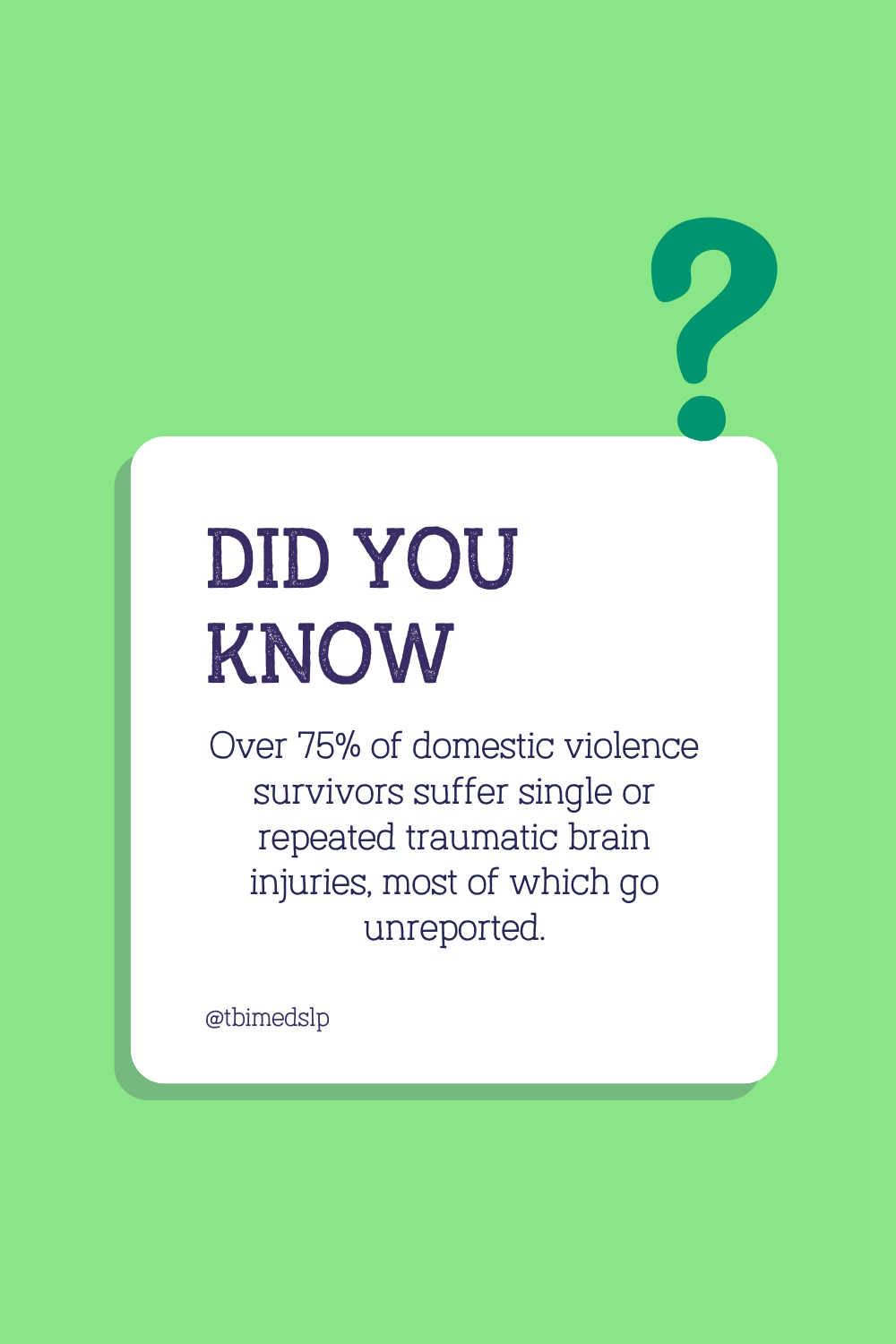Breaking the Silence: Traumatic Brain Injury in Domestic Violence Survivors
Domestic violence survivors often face traumatic brain injury (TBI) without realizing it. This injury can severely affect their mental and cognitive health. It's crucial to understand the link between TBI and domestic violence to aid recovery. Over 75% of domestic violence survivors suffer single or repeated traumatic brain injuries and many go unreported, according to the American Brain Foundation.
A TBI happens when the brain gets a hard hit or shake, causing damage. In domestic violence situations, abusers can hit, strangle, or shake victims. Unlike visible injuries, TBI effects are often hidden and overlooked.
Research shows domestic violence survivors are more prone to TBI than others. However, many do not link their symptoms to past abuse. By highlighting this issue, we can better support those needing healing and justice.
Domestic violence and its prevalence
Domestic violence is a widespread and pervasive issue that affects individuals from all walks of life. Abuse in intimate relationships takes many forms: physical assault, emotional manipulation, sexual coercion, and psychological torment. Partners, past or present, inflict this harm. Global efforts to combat domestic violence have raised awareness and launched prevention programs. Yet it persists as a widespread scourge, scarring individuals and communities alike. The ripple effects touch every corner of society, demanding urgent attention and action.
According to the World Health Organization, one in three women worldwide has experienced physical and/or sexual intimate partner violence in their lifetime. The impact of domestic violence extends beyond the immediate victims. It can also have detrimental effects on children, families, and communities. Survivors of domestic violence often face a complex web of physical, emotional, and social challenges. These challenges make it difficult for them to escape the cycle of abuse and rebuild their lives.
Domestic violence casts a long shadow. Its survivors suffer in silence, fear gripping their lives. But there's hope. Stronger laws can protect the vulnerable. Accessible support services offer lifelines. A culture shift can prevent abuse before it starts. By exposing violence in all its forms, we spark change. Together, we can build a society where safety and respect flourish.
The connection between domestic violence and traumatic brain injury
Domestic violence and traumatic brain injury (TBI) are closely linked. Research shows that survivors of domestic violence are much more likely to get a TBI than the general population. Domestic violence's brutal nature frequently leads to traumatic brain injury. Domestic violence victims endure physical assaults, choking, and severe blows to the head, causing lasting neurological damage.
Sudden impacts to the head - blows, falls, or shaking - can trigger traumatic brain injury. Domestic violence inflicts TBI through punches, kicks, and slamming against surfaces. Abusive partners may strangle victims, cutting off oxygen to the brain. These violent acts damage delicate neural tissues, leaving lasting scars both visible and hidden. This silent epidemic spreads behind closed doors. Its effects ripple through families and communities.
Domestic violence often leads to traumatic brain injury (TBI), which has long-lasting effects. Survivors might face physical, mental, emotional, and behavioral changes. These changes can hinder daily life and recovery from abuse. Thus, understanding this connection is vital. It helps in offering the right support and resources, addressing unique needs, and aiding healing.
Common symptoms and challenges faced by domestic violence survivors with TBI
Traumatic brain injury (TBI) significantly affects domestic violence survivors. It impacts their physical, thinking, emotional, and behavioral functions. So, recognizing and addressing these issues is vital for helping survivors recover and regain control.
Physical symptoms of TBI may include headaches, dizziness, balance issues, sensory impairments, and chronic pain. These physical challenges can significantly impair a survivor's ability to engage in daily activities, work, or maintain personal relationships. Cognitive changes, such as memory loss, difficulty concentrating, and problems with problem-solving and decision-making, can also make it challenging for survivors to navigate the complexities of their lives and recovery.
Emotional and behavioral changes are also common among domestic violence survivors with TBI. Survivors may experience:
increased irritability
mood swings
anxiety
depression
difficulties with emotional regulation
These mental health challenges can further compound the trauma experienced during the abuse. This makes it even more difficult for survivors to rebuild their lives and find a sense of stability and well-being.
To help domestic violence survivors with TBI, we need a broad, trauma-aware plan. This plan should consider each person's unique needs and experiences. By grasping the full impact of brain injury, providers, doctors, and support systems can create customized help. This support empowers survivors and aids their healing.
The long-term effects of traumatic brain injury in domestic violence survivors
Domestic violence survivors with TBI face long-term health risks. They are more likely to develop neurological and mental health conditions. Brain injuries from abuse can lead to seizures, chronic headaches, and diseases like Parkinson's and Alzheimer's. Additionally, survivors may experience emotional and behavioral changes. This includes increased anxiety, depression, and difficulty managing emotions. These issues can worsen over time, making recovery harder.
Traumatic brain injury (TBI) can lead to lasting cognitive and functional issues. These problems often affect daily life and independence. Survivors may struggle with memory, attention, problem-solving, and decision-making. Such difficulties can make it hard to keep a job, manage money, or handle daily tasks. This situation can lead to social isolation and financial problems. It also makes it harder to get the support needed for recovery and empowerment.
Addressing TBI's long-term effects in domestic violence survivors needs a team effort. This effort should include medical, psychological, and social support. Key aspects are regular brain scans (if necessary), mental health care, rehabilitation, and aids for daily living. Acknowledging TBI's challenges ensures survivors get the care they need to recover and build strength.
Recognizing and addressing traumatic brain injury in domestic violence situations
Recognizing TBI in domestic violence cases is challenging. The symptoms often aren't immediately visible. Unlike bruises or broken bones, brain injury effects can be subtle. They may gradually show in cognitive, emotional, or behavioral changes. Often, these changes are dismissed or attributed to other causes. So, healthcare providers need training. They should ask about head injuries, strangulation, and other abuse that can cause TBI. This approach is crucial for accurate diagnosis and treatment.
Addressing traumatic brain injury (TBI) in domestic violence cases needs a careful, trauma-informed strategy. This strategy should prioritize the survivor's safety, independence, and health. It can include neurological assessments, cognitive therapy, mental health support, and assistive devices. Collaboration is key. Doctors, social workers, therapists, and community groups must work together to provide the comprehensive care needed for healing and rebuilding lives.
It's vital to raise awareness about the link between domestic violence and traumatic brain injury (TBI). This effort empowers survivors and helps eliminate stigma and misconceptions. By educating the community, we can highlight the challenges faced by domestic violence survivors with brain injuries. Moreover, we can advocate for the necessary support and policies to aid their recovery and well-being.
Support and resources available for domestic violence survivors with TBI
Traumatic brain injury (TBI) can have severe long-term effects on domestic violence survivors. It may significantly harm their physical, mental, emotional, and social health. Understanding these lasting effects is vital. Identifying and treating traumatic brain injury (TBI) in domestic violence cases is vital. TBI often gets overlooked as a consequence of abuse. Survivors might not link their symptoms to brain trauma, complicating their recovery. They face many challenges needing special support. Luckily, more resources and services are emerging to meet these needs and aid their healing.
Survivors of domestic violence with TBI need specialized medical and rehab services. These services should assess and treat brain injuries. They include neurological checks, cognitive therapy, speech therapy, physical therapy, and occupational therapy. Such therapies help survivors regain cognitive, physical, and daily living skills. Moreover, mental health support, like counseling and trauma-informed therapy, is vital. It addresses the emotional and psychological effects of abuse and TBI.
Social services and community groups are vital for domestic violence survivors with TBI. They offer legal help, housing, financial aid, and support groups. By linking survivors to these resources, they provide vital support to rebuild and overcome challenges.
Assistive technologies and accommodations are vital for domestic violence survivors with TBI. They help these individuals manage daily tasks and stay independent. Examples include memory aids, speech-to-text software, and mobility aids. Additionally, survivors might receive special support in work or school to succeed.
The best way to help domestic violence survivors with TBI is a well-rounded approach. This method should cater to their physical, mental, emotional, and social needs. By linking them to the right resources, we can help them overcome challenges and restore their lives with hope.
Advocacy and raising awareness for TBI in domestic violence survivors
Advocating for traumatic brain injury (TBI) awareness in domestic violence survivors is vital. It ensures they get needed support and resources. Highlighting the link between domestic violence and TBI helps to reduce stigma and misunderstandings about this serious consequence of abuse.
Advocacy efforts aim to inform healthcare workers, social service professionals, and the public about traumatic brain injuries (TBI) in domestic violence. This includes explaining how such injuries occur, the symptoms survivors may face, and the long-term effects on health and life quality.
Survivors of domestic violence with traumatic brain injuries need our voice. By advocating for policy shifts, we can drive research funding, educate professionals, and develop specialized care. These efforts will create trauma-sensitive services and targeted rehabilitation programs, ultimately improving survivors' lives and recovery prospects.
As a survivor of domestic violence myself, our organization gives back to this population. TBI MedSLP offers free TBI and domestic violence training to domestic violence resource centers and shelters. We want to be part of the solution and help advocate for services for this population. If I had lacked the knowledge I had, my injury would have gone undiagnosed until I permanently lost my vision.
Besides advocating for policies, grassroots efforts can also make a big impact. This includes organizing community events, creating educational content, and sharing stories of domestic violence survivors with TBI. By empowering these survivors and advocating for their needs, we can better understand their challenges and motivate others to help.
The goal of advocacy for TBI in domestic violence survivors is to ensure they receive proper care. By highlighting their struggles and addressing barriers, we can create a more supportive society for those affected by domestic violence and traumatic brain injury.
Conclusion: The Importance of Addressing the Hidden Battle of TBI in Domestic Violence Survivors
Domestic violence survivors often carry physical and emotional scars. Additionally, they may suffer from traumatic brain injury (TBI), which often goes unnoticed. This injury can severely affect their mental and cognitive health. Therefore, it's vital to understand the link between TBI and domestic violence. We must also offer the necessary support for healing.
Highlighting domestic violence and its link to brain injuries can raise awareness. It also addresses the unique challenges survivors face. Understanding brain injury's effects—physical, cognitive, and emotional—is crucial. This knowledge helps create supportive interventions, empowering survivors and aiding their recovery.
If you or someone you know is a survivor of domestic violence, we urge you to reach out to the National Domestic Violence Hotline or contact your local domestic violence resource center for more resources.




